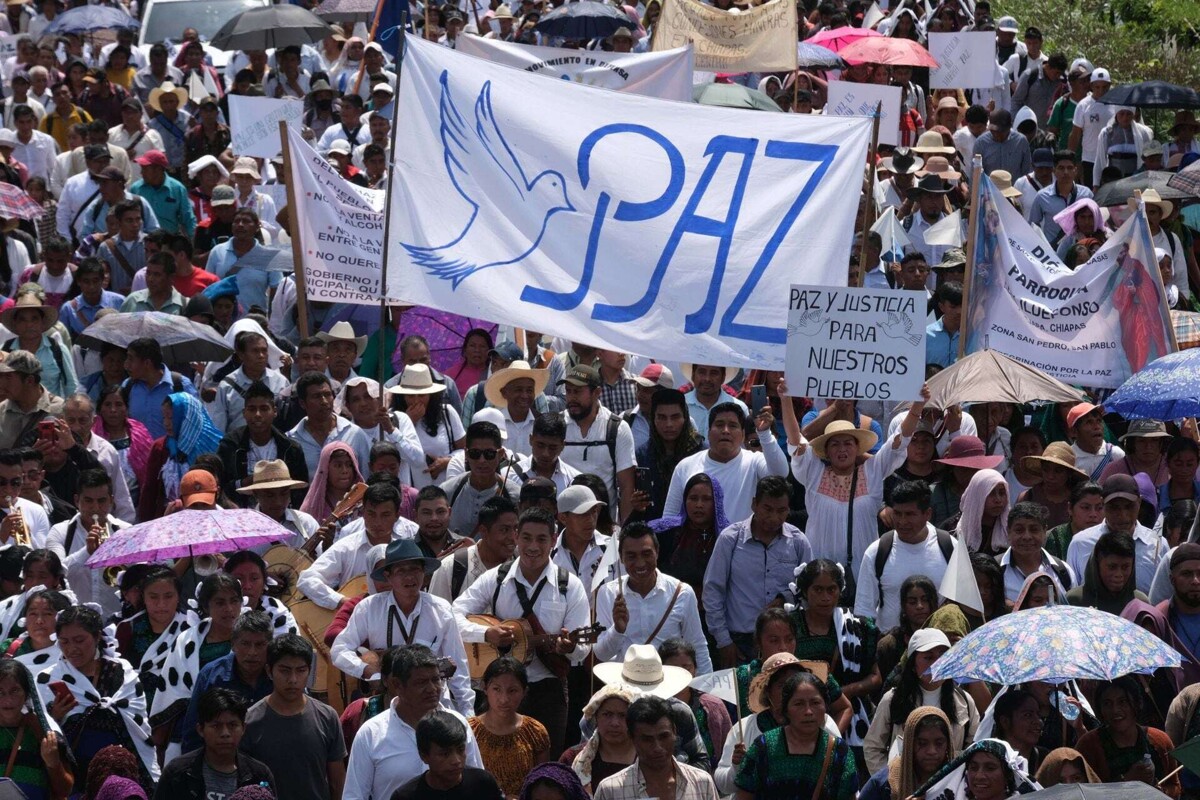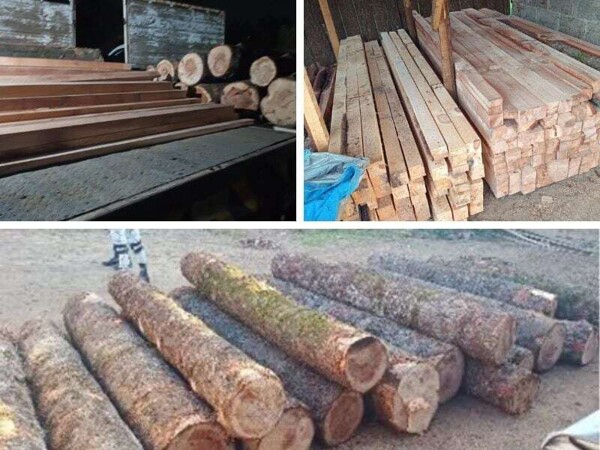
In Chiapas, there has been an alert about the ungovernability that the region is experiencing due to the alleged protection that the government of Rutilio Escandon provides to certain groups, which may have been maintained due to the support that former President Andrés Manuel López Obrador granted to the state government. According to a journalist, Chiapas was originally a territory that acted as a containment barrier for criminal organizations, but it has now fallen under the control of three transnational cartels.
The cartels involved in the dispute over Chiapas territory would be the Sinaloa Cartel, the Jalisco New Generation Cartel (CJNG), and factions of both that self-identify as Chiapas and Guatemala. Furthermore, it has been reported that the military has taken sides with some of the criminal groups, according to testimonies from local residents. Amid this situation, the population claims to be victims of land and property dispossession.
Threats to the community have increased, including gender-based violence, house fires, and theft of belongings, crops, and animals. Recently, an armed confrontation in Ixhuatán resulted in at least two fatalities. Chiapas is among the Mexican states where violence and insecurity have been on the rise, as evidenced by the recent murder of priest Marcelo Pérez in San Cristóbal de las Casas.
The alliance between organized crime, state authorities, and political parties has led to forced displacements of victims of violence in the region. In an article published by Raymundo Riva Palacio in El Financiero, it details how in the Zapatista town of 6 de octubre, organized crime groups have carried out blockades, assaults, kidnappings, extortion collections, forced recruitment, and violent confrontations for several weeks, while the government response has been limited.














